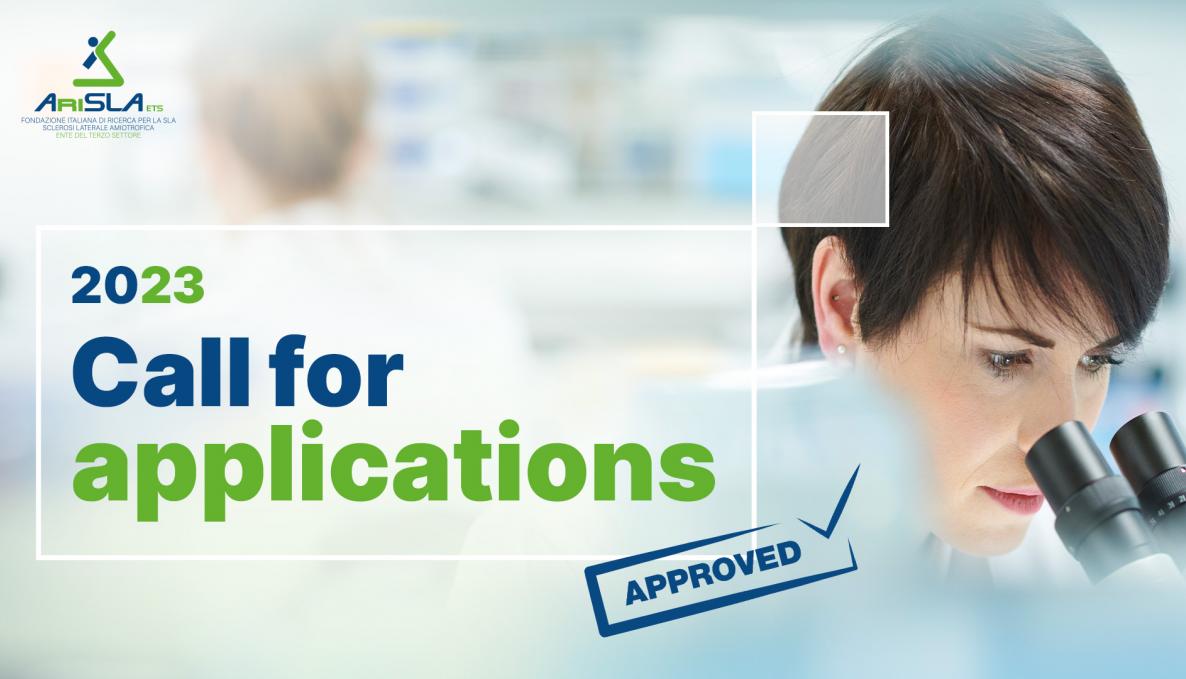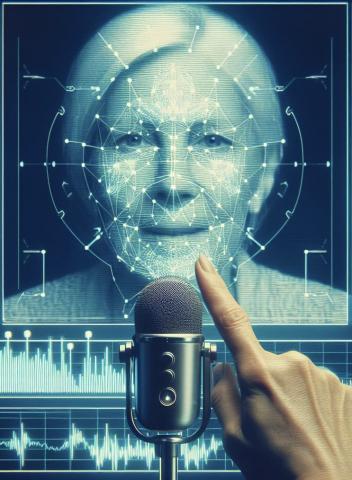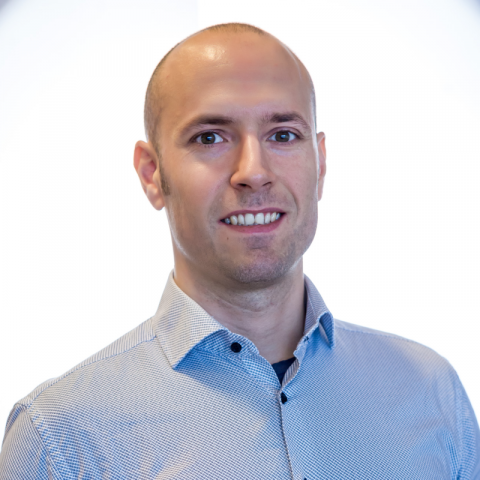ALS research, the 'MIMOSA' project coordinated by Andrea Bandini, researcher at the BioRobotics Institute and the Health Science Research Centre, received funding from the AriSLA Foundation

Fondazione AriSLA, the most important non-profit organisation funding ALS research in Italy, announces a new grant of almost EUR 1 million (EUR 999,300 is the detailed figure) for the development of 7 innovative projects, selected through the Call for Proposals 2023.
The call was aimed at researchers from Italian universities and non-profit public and private Italian research institutes, who could apply in the areas of basic, pre-clinical or observational clinical research on ALS, a very serious neurodegenerative disease that affects around 6,000 people in Italy alone and which to date has no effective therapy. The selected projects also include 'MIMOSA', coordinated by Andrea Bandini, assistant professor at the BioRobotics Institute and the Health Science Interdisciplinary Research Centre of the Scuola Superiore Sant'Anna, in collaboration with the Department of Clinical and Experimental Medicine, University of Pisa and Azienda Ospedaliero Universitaria Pisana.
Fondazione AriSLA, il più importante ente non profit che finanzia ricerca sulla SLA in Italia, annuncia un nuovo finanziamento di quasi 1 milione di euro (999.300 euro la cifra in dettaglio) per lo sviluppo di 7 innovativi progetti, selezionati con il Bando 2023.
La call era rivolta a ricercatori di università italiane e di istituti di ricerca pubblici e privati italiani non profit, che potevano applicare nelle aree di ricerca di base, preclinica o clinica osservazionale riguardanti la SLA, gravissima malattia neurodegenerativa che solo in Italia coinvolge circa 6mila persone e che ad oggi non ha una terapia efficace. Tra i progetti selezionati figura anche ‘MIMOSA’ coordinato da Andrea Bandini, ricercatore dell’Istituto di BioRobotica e del Centro di Ricerca interdisciplinare Health Science della Scuola Superiore Sant’Anna, in collaborazione con il Dipartimento di Medicina Clinica e Sperimentale, Università di Pisa e Azienda Ospedaliero Universitaria Pisana.
"We are pleased to have increased the resources to be allocated to research, which we consider to be the indispensable tool for meeting the need for therapies for people with ALS - says AriSLA President Mario Melazzini - The seven new studies are of very high quality and very innovative, several of them use state-of-the-art models, such as artificial intelligence, and aim to have a concrete impact on the clinic. This is a priority included in the Call for Proposals 2023, the first step of our new Strategic Plan to accelerate the identification of effective interventions for the diagnosis, management and treatment of ALS".
To date, the Foundation has invested 15.98 million euros in ALS research, the result of the support of those who believe in the value of research. The support of the four founding partners AISLA Onlus, Fondazione Cariplo, Fondazione Vialli e Mauro per la Ricerca e lo Sport Onlus and Fondazione Telethon is essential. In more than ten years of activity, AriSLA has supported 149 research groups, distributed throughout Italy, with 105 projects in various research fields, from basic or pre-clinical to clinical. The projects already funded have generated more than 370 scientific publications with a high impact on the international scientific community, an important figure that highlights the quality of the selected studies.
MIMOSA project - new methods for the evaluation of problems in bulbar ALS
The project, coordinated by Andrea Bandini of the Scuola Superiore di Sant'Anna in Pisa (Interdisciplinary Health Science Research Centre), will apply new methods for the assessment of bulbar ALS problems related to swallowing and speech. The study will use speech and swallowing recordings collected over time from people with ALS, which will be analysed using advanced algorithms capable of extracting physical and clinical characteristics related to orofacial and vocal functions. These features will be studied to identify precursor signs of bulbar decline in orofacial movements and speech, which will then be used to develop an artificial intelligence (AI) model capable of automatically predicting the clinical outcomes of bulbar impairment. The results may have an important impact on people with ALS, supporting early diagnosis of these problems and a more accurate care management plan.
(Partner: Gabriele Siciliano, Department of Clinical and Experimental Medicine, University of Pisa and Azienda Ospedaliero Universitaria Pisana, Santa Chiara Hospital. Scope of observational clinical research, value 120,000 and duration 18 months).





